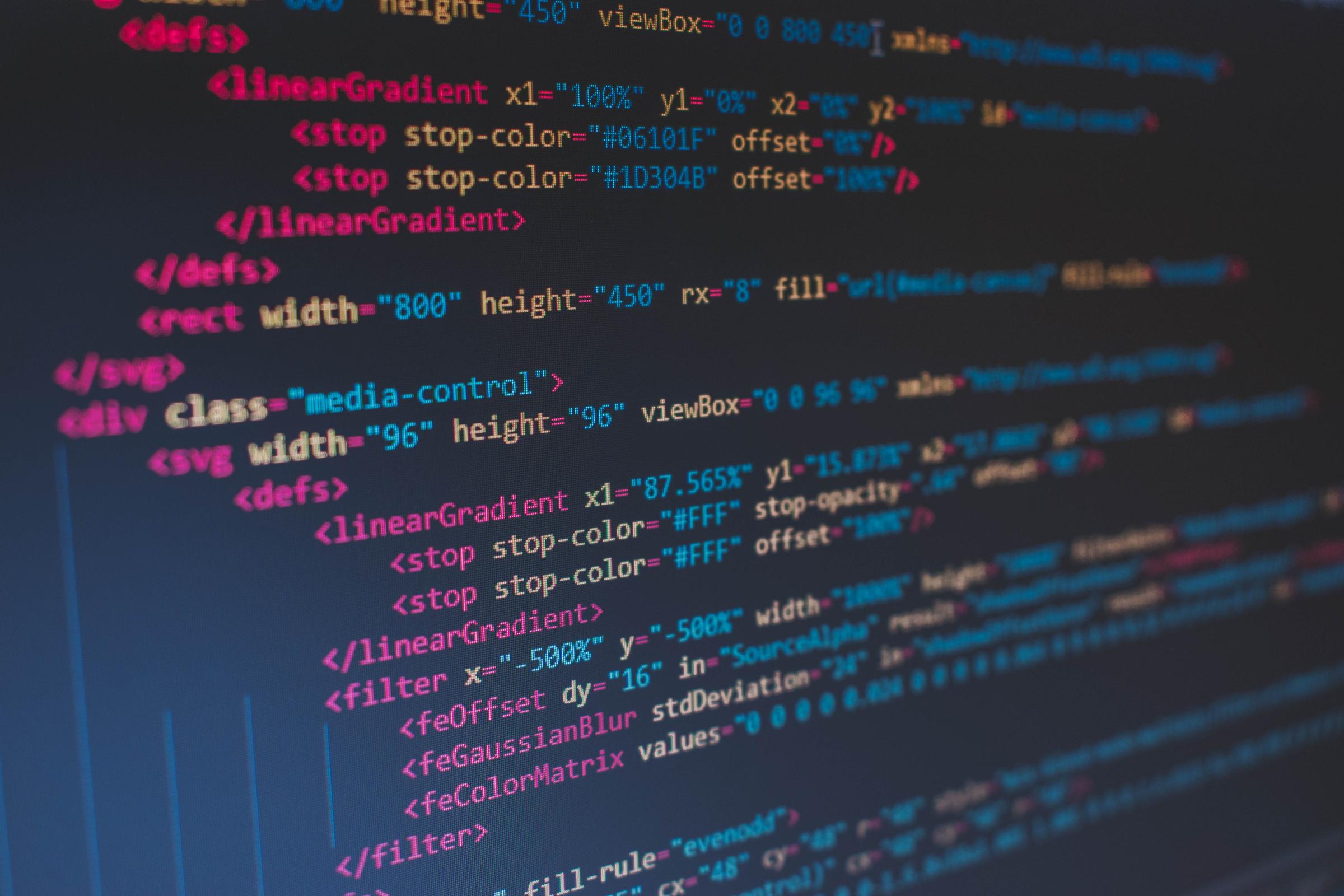Year 10 Coding
Student Essay

Year 10 Coding
Student Essay
by Owen Bradley (Year 10)
Here's the truth: artificial intelligence, both in fiction and in the real world, is pretty insane. And what's more insane about this is that as humanity dives head-first into the 21st century, it's becoming more and more of a reality that must be taken into heavy consideration. The cliché ideas and ethical concerns from sci-fi films could become the basis for laws on AI around the world (if the technology doesn't advance quickly enough). Thus, the question of how AI will change the way humanity works, in a grand sense, is suddenly a serious discussion. Because if aspects like businesses, social power and technological singularity aren't addressed, humanity will be entering the future with a blindfold on.
Automation is a factor that businesses and the working class will be affected by. It's like playing Russian roulette with the bullet determining which industry will be better off automated. Take the automobile industry, for example; imagine companies changing their public image and entire business model just to slot in an auto-drive function. Tesla, an electric vehicle company, is technically also a software company simply due to their built-in car operating systems which house things such as their autopilot AI. This could become a massive risk to some if they lack the education and if the population is pushing in a direction they can't understand. According to a report by Stanford instructor, Tony Seba, and investor/philanthropist, James Arbib, private car ownership in the US will drop by 80% by 2030. They say that the future of transportation will manifest as communal autonomous cars owned by ride-share companies like Uber gain popularity. With this and a predicted 1.4% GDP growth annually, the truth, while remarkable for some and scary for others, is that automation is more economically viable for the world. Governments may leave it as the survival of the fittest type situation for businesses. This paints a picture of companies changing their entire image to suit the growth of AI and looks into the shifts of power that may arise to the companies that end up on top.
The growth of AI will inevitably allow for the introduction of mass networks running on AI as a means for profit and economic gain. Social media is a strong starting point for this thinking as it is already heavily influenced by algorithmic AI that controls things like the advertisements one sees on their feed. Very quickly, a question of "who controls the systems that control us arises", as, with AI's advancement, a person running the system (like a tech CEO) could do anything. Mass surveillance, media manipulation, and corporate could all be very dark and dangerous results of networks designed to autonomously control social media, autonomous vehicles, or simply your medical insurance. "Surveillance capitalism" is a term pioneered by Harvard professor, Shoshanna Zuboff, in her book, 'The Age of Surveillance Capitalism', where she states that the business model of tech companies like Facebook, Google, and Amazon represent that of surveillance capitalism; a future-proof and powerful form of capitalist accumulation reliant on the collection of personal data. In the near future, humanity may work within the grasp of corporate control while they use continually advancing AI networks to draw in more data. But this raises another issue, which revolves around that of the AI in the network and if it's the person on top that controls the AI itself.
In regards to technology, singularity is a theoretical point in time at which technological growth becomes uncontrollable and irreversible. With the advancements in AI, it's possible humanity will reach it. Back in 1997, IBM's Deep Blue AI beat Chess Grandmaster, Gary Kasparov, showing the world that AI has the capability of surpassing way beyond the borders of human intelligence, as well as the idea that at some point in time, humanity may not be the dominant species on Earth. The truth is that when it comes to Singularity, it's not a question of when but how. Humanity is being presented with many paths for this, and lots of them are not only unethical but dangerous, like a techno Pandora's Box of sorts. It's ever so clear humanity needs to take its time with AI and heavily consider both its bad and good possibilities because singularity could also bring upon many other world-saving advancements and save humanity.
While AI is undeniably good for the world, humanity needs to be fully aware that it is reaching a point of no return that will thoroughly prioritise specific societal values regarding economics and way of life around the world while disregarding others. And this is all during the changes to the working class, social culture, and our push towards a good singularity. Choices will need to be made, so be sure to take a moment and think it through, humanity.
Owen Bradley

